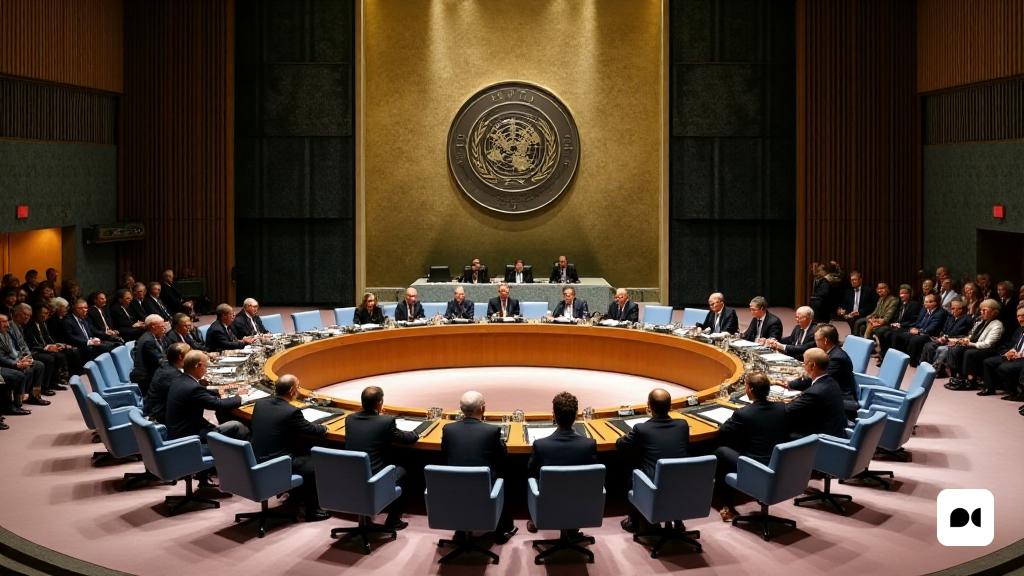A Pass of Glory
With the conclusion of the Cold War, global institutions experienced a highlight, expanding and gaining relevance in an increasingly interconnected world. Organizations such as the United Nations managed to overcome blockages that had limited their influence for decades, and in the 1990’s they were characterized by intense activism in the Security Council.
A new era of challenges
However, this period of optimism seems to be diverted as economic and geopolitical tensions become present. The dynamics of international relations have become complex, with examples such as the World Commerce Organization (WTO) that reflect this reality.
The WTO: a symbol of contradictions
Founded in 1994 in Marrakech, the WTO presented itself as a bastion of global capitalism. However, their roots date back to 1947 with the creation of the general agreement on customs tariffs and trade (GATT). With 128 members in the early 1990’s, the WTO promised a fairer and more open trade.
Principles of operation
The basis of the WTO is based on non -discrimination, reciprocity and reducing commercial barriers. The principle of the ‘most favored nation clause’ is essential, as it implies that any advantage granted to a member must be extendable to all others.
The Chinese case
Since joining the WTO in 2001, with the support of the United States, China has been accused of violating the fundamental principles of the organization. The WTO recently pointed out a ‘lack of transparency’ in the subsidies that Beijing grants to its industry, revealing a worrying dynamic of commercial inequality.
Doubtful Commercial Practices
In addition, China has created unbalanced commercial situations, such as the obligation for foreign companies to collaborate with local partners and transfer technology. These practices have distorted competition and favored state -support companies.
A call to the recast
Experts warn that the WTO has become a body captured by current circumstances, with the urgent need for a recast. The inability of the organization to address China’s inconsistencies is a reflection of a greater problem that affects other institutions, such as the World Health Organization.
The consequences of the lack of good fides
The lack of commitment to the principles of good faith has generated an atmosphere of distrust that can jeopardize the future of multilateralism. In the last thirty years, despite being a period of cooperation, they have been marked by this absence of commitment.
Final reflections
As international organizations face increasing challenges, it is crucial to rethink their foundations and principles. The way they manage commercial relationships and inequalities will determine if they can regain their influence and legitimacy in an increasingly fragmented world.

